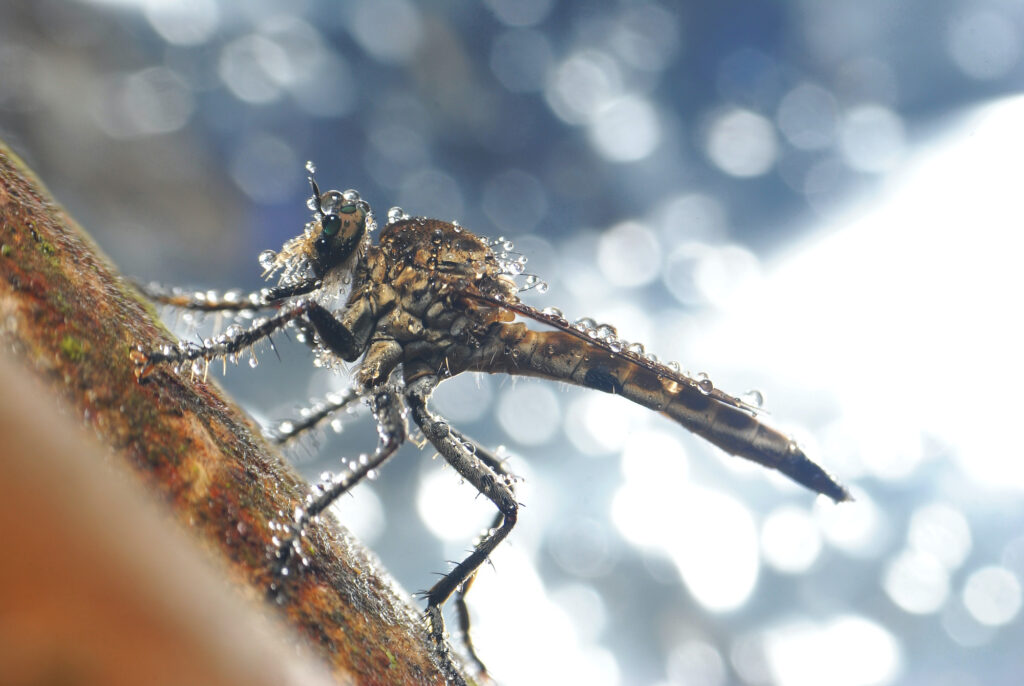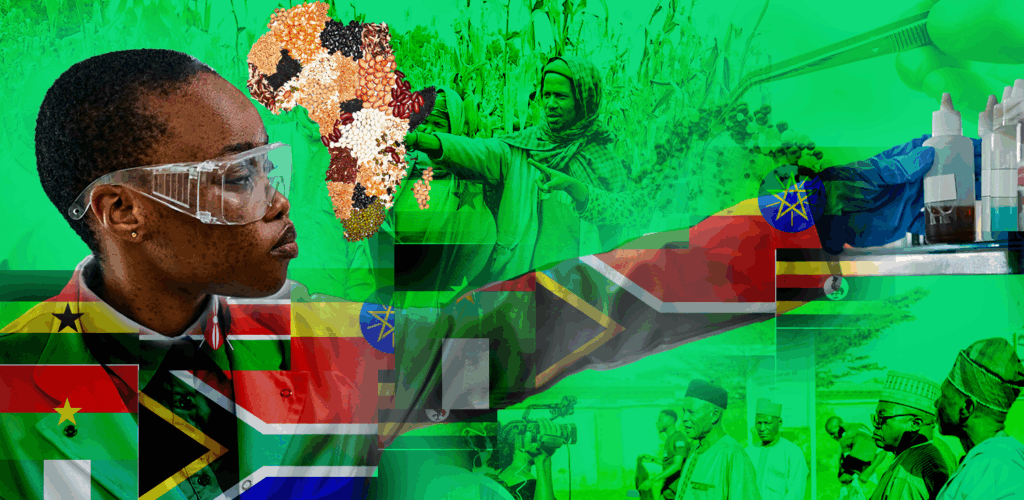Controversy over genetically modified (GM) food aid arose in 2000 in Latin America, and Asia, and exploded in 2002, when several southern African countries refused GM food aid during a food crisis. Now, in 2004 the controversy has erupted again after Sudan and Angola imposed restrictions over GM food aid. Food aid has been heavily criticised in the last fifty years, because it serves the interests of certain countries, particularly the US Government, as a tool to inter alia facilitate export surpluses and/or capture new markets. The use of GM food aid by the US has added a new dimension to the debate, because the provision of GM food aid is seen as providing an important back-door entry point for the introduction of genetically modified organism (GMOs) in developing countries. Read more.
7 February 2004
GM Food aid: Africa denied choice once again?
- Farmers’ rights, farmer seed systems under threat by Enhancement of Multilateral System of Access and Benefit Sharing under the ITPGRFA
- South Africa’s plant breeders’ rights laws undermine farmers’ rights to seed and lock out farmer-managed seed systems
- CVAB welcomes Burkina Faso’s decision to terminate “Target Malaria” project
- Historic turning point for South Africa’s Pesticide Policy Framework: Department of Agriculture hosts first-ever inclusive colloquium
- We don’t need genome editing to ensure Africa’s food sovereignty
Related Resources

28 August 2025
CVAB welcomes Burkina Faso’s de...
Press Release Ouagadougou, August 22, 2025 Target Malaria is a research consortium led by Imperial College London, which receives core fu...
READ
